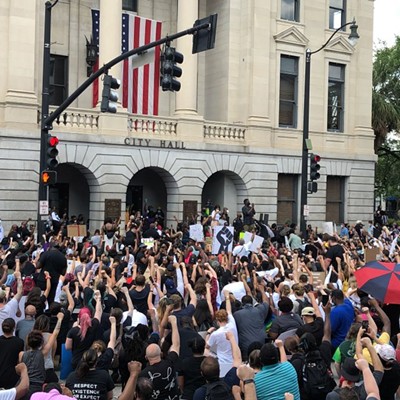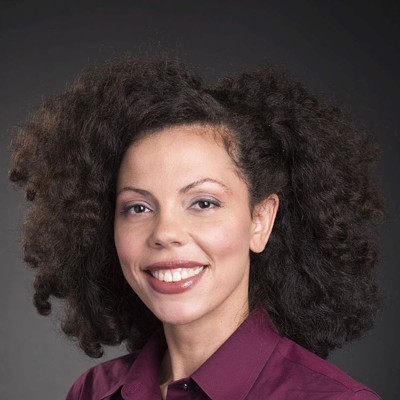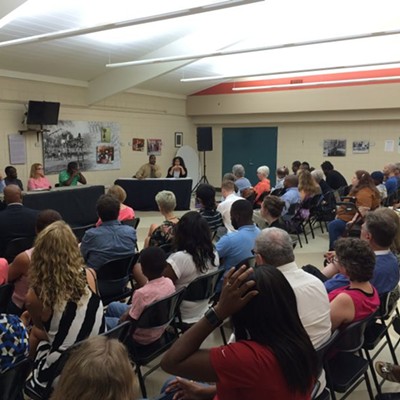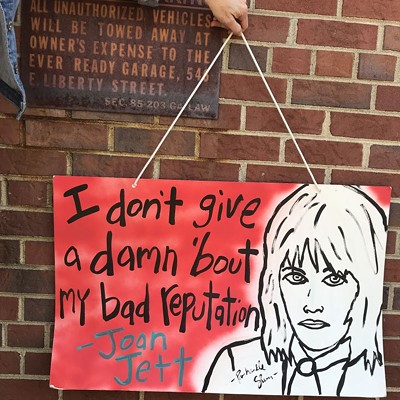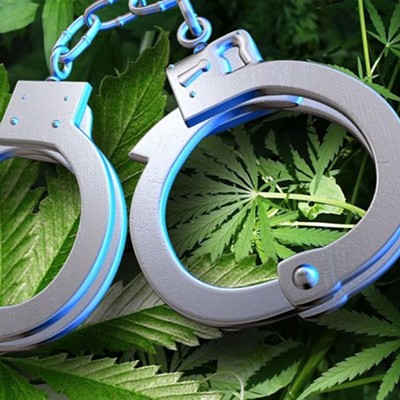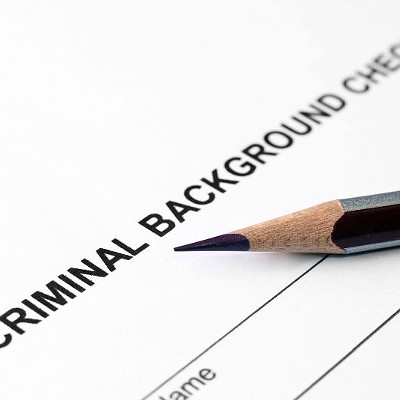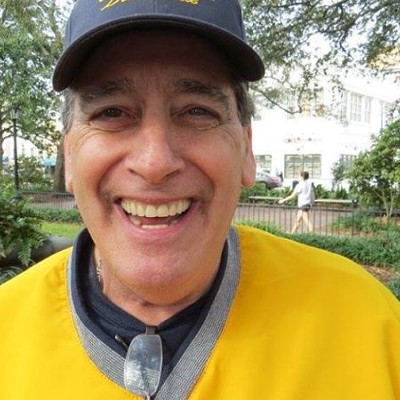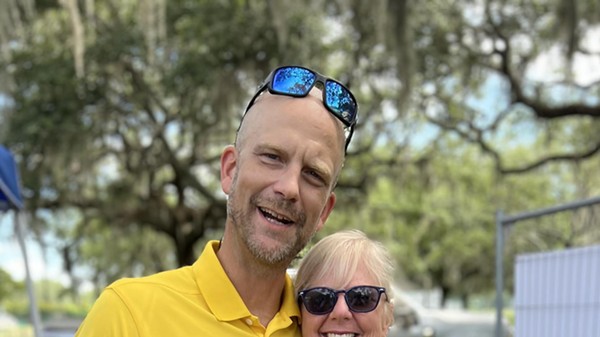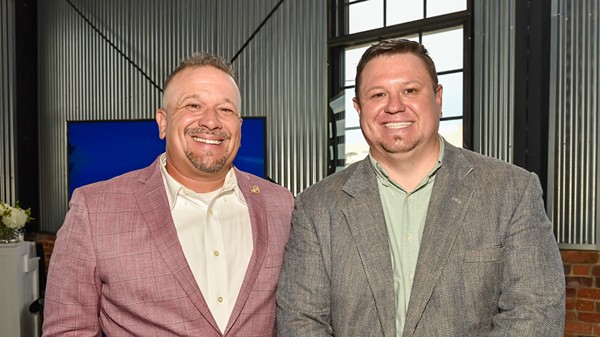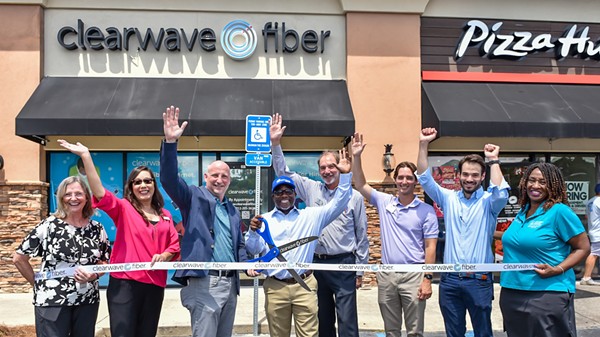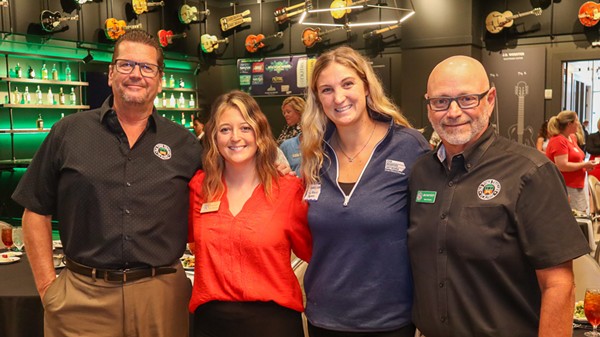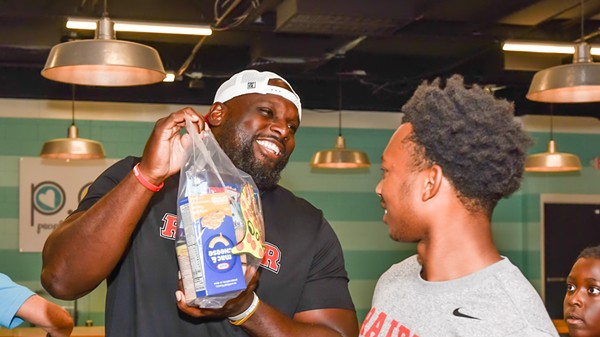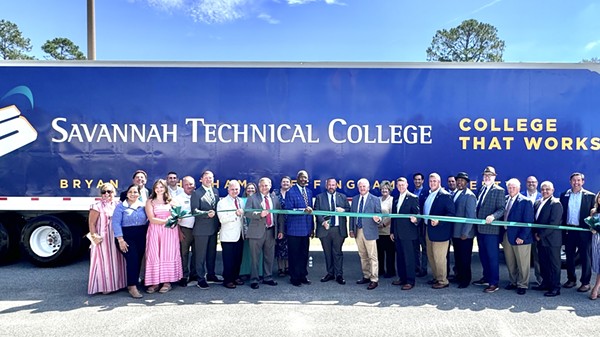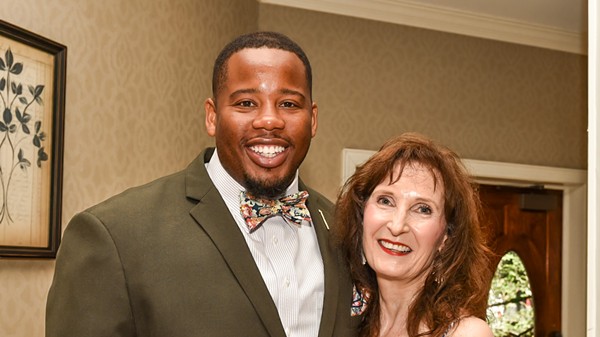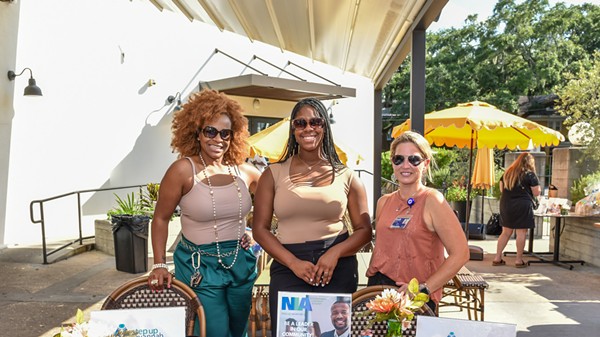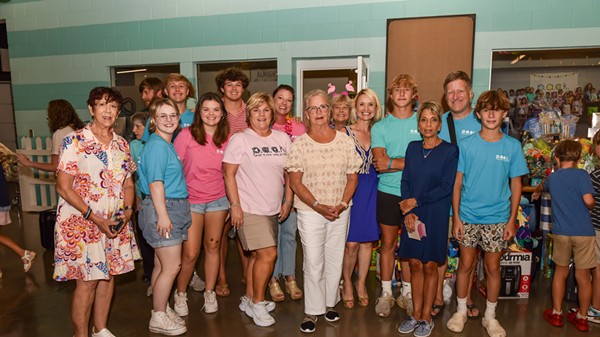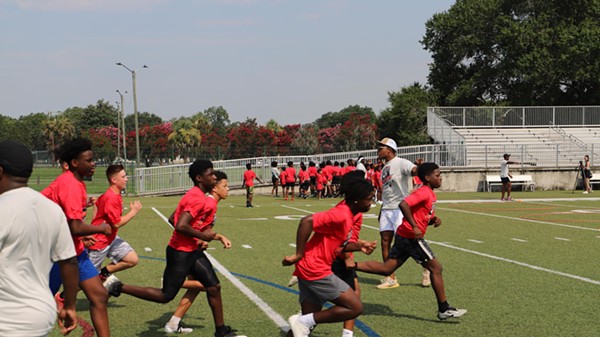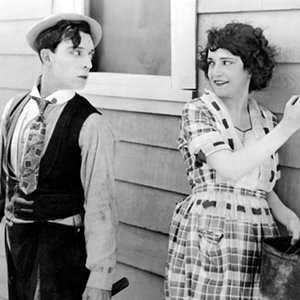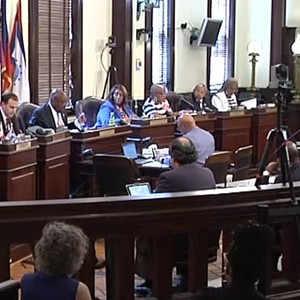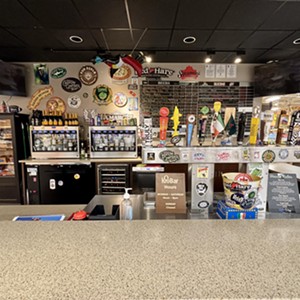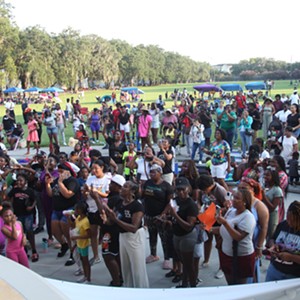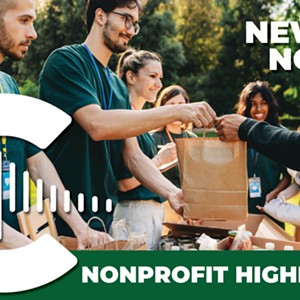I'VE BEEN telling myself that I’ve just been taking my time unpacking the knapsack.
I’m still learning the vocabulary, I say to the lady in the mirror, the one who keeps asking when I’m going to get serious.
I don’t want to say anything idiotic or insulting—or worse, I whine when she arches her eyebrow and crosses her arms.
I’m worried it’s only going to get more uncomfortable, I admit quietly as she nods.
For many socially conscious white folk, facing the undeniable rot of racism in 2016 is an awkward task. We fervently believe that we are all equal, so we worry that pointing out race in everyday conversation is not only rude but racist itself.
We prepare careful rhetoric only to have it fall apart into a middle school name-calling match with some asshole from high school in the comments section of a post about the new Ghostbusters.
Myself, I’ve been sorta hoping to avoid this conundrum by coasting on my street cred, as if hanging around the intersection of feminism and social justice and general otherness for so long might excuse me from owning the ways racial socialization affects and infects my world.
Maybe I’ve been too self-absorbed or lazy to undertake a rigorous self-examination of such, which is sort of like the moral version of a coffee enema: Cleansing in the long run but shitty while it’s happening.
Of course that’s the irony—and maybe the entire point: I have the prerogative of ducking difficult conversations with myself and others about racism indefinitely because my skin is white.
(It’s also dimply and wrinkly in some unfortunate places, though no one ever got pulled over for driving with a waddle.)
But the lady in the mirror isn’t having it for another minute. You need to get over yourself, and fast, she’s saying. And don’t come back ‘til you do.
Let me be clear: this isn’t an invitation to debate whether white privilege is real or parse statistics about how police shoot all kinds of people, not just unarmed black men with their hands up. If you still have questions about the problem at hand, I gently invite you to consider that enema.
This is the tip of a personal and necessary exploration about how to be a better ally to people of color, especially in my own community, where the effects of our national narrative of institutional racism are reflected in our educational and economic, political and policing realities.
Savannah is also a place with its own distinct stories—from its largely unacknowledged slave history to its foundation of cooperative collaboration between its black and white citizens as well as the daily experiences of violence, poverty and prejudice that so many continue to suffer.
While there are still too many who bark about their backwards-ass hate online and off, most of the people I know truly believe in equal rights and access for all humans regardless of race, religion, gender, sexuality, age or ability. We want to help achieve that. And yet sometimes we become paralyzed in our hand-wringing over correctness or else we’re so dang enthusiastic we end up hijacking the whole room.
Or maybe we keep quiet on the fringes, because we’re afraid of what dismantling the white supremacy in our power structures might mean for ourselves.
Honesty and humility is required as we stand up in this work to level the field for all players and create an anti-racist, multi-racial platform for social change. As an awkward white lady with good intentions, I humbly share what I’ve learned thus far.
1. Now that we’re standing, sit down.
Even if we have experienced injustice and prejudice in other ways, it is not the same systemic oppression suffered by people of color in this country, reminded the organizers of a workshop hosted at Quolab last week titled The Role of White People in the Movement at this Time. The “movement” is the struggle to achieve freedom and equality for everyone, and right now we’re going to focus on black people, because there is some serious emergency shit going down.
Based on materials available through the Atlanta-based LGBT activist hive Southerners on New Ground (SONG), the workshop was a crash course on how to create connections, respect those expressing their anger and frustration and hold a space without imposing ourselves.
This doesn’t mean that we will never get a turn at the mic again. It just means other people who have waited a long time to be heard are having theirs.
Listen and learn, read and share.
2. Check our assumptions. In the latest season of Orange is the New Black, hippie liberal Susu assumes the internationally educated Poussey is an inner city crack baby—a telling example of how “do-goody” white folk can foist racist stereotypes even as they believe their hearts are pure.
“I think that’s a big part of where we get stuck—we do so little self-reflection in this society the delusion that we are bias-free is part of the problem,” says local writer and former political consultant Omkari Williams, who recently penned an essay about growing up in a highly academic family with roots in the Caribbean and the difference between identifying as black and African American.
While Black Lives Matter wields a unifying message, can we please remember that not all people of color share the same experience or opinions? Not every black man is a felon and not every brown child needs charity—these are stereotypes that get perpetuated even by those trying to “help.” It doesn’t.
“When we assign a label to someone, it is for our own comfort and ease, because it means we can stop thinking,” stresses Omkari.
So let’s keep thinking and be extra sure that we’re not assigning imaginary, damaging stories to others.
3. Don’t unfriend the racists. In a widely shared post, writer Jasmine Banks Brown points out that while it may be easy for us to click away the hate, people of color have no such luxury in real life.
The poison seems to be coming in waterfalls these days, but when we shut down those conversations we miss opportunities to stand at the front lines and engage the actual problem. Yeah, it’s uncomfortable, awful even—and not even close to the malevolence black and brown people endure all damn day.
A new friend, Gwendolyn Glover, recently introduced me to the work of anti-racist activist Tim Wise, who admonishes that we must go further and meet the irrationality with calm and kindness.
“You can’t organize people if you don’t love them,” writes Wise in White Like Me: Reflections on Race from Privileged Son. “And however hard it can be to love the racists you come in contact with, doing so is the first obligation of a white antiracist.”
Whew, this is a hard one. If we can call filling someone’s inbox with clips from comedian W. Kamau Bell “love,” I guess I can start there.
4. Show up. While we don’t need to add our voices at this moment (see #1), we can show our support for the movement with our warm bodies.
Our presence might be appreciated next Sunday, Aug. 7 at Forsyth Park, where Linda Wilder Bryan has organized a back-to-school picnic, giveaway and tribute to her slain son, Lawrence, whose 2015 murder has not been solved.
Anyone seeking to understand things from a young black man’s point of view will want to be at Savannah Perceptions: A Real & Uncensored Dialogue on Race, Culture, History & Crime, hosted by Solidarity in Savannah at the W.W. Law Regional Center on Aug 18.
If you’ve finished watching Stranger Things and are looking for something else to do, the Savannah Lives Matter Facebook page is an excellent resource to stay updated on other events where allies are welcome to learn, witness and celebrate.
Also, let’s remember that the most dominant color in this culture is green. Several local business owners have learned the hard way lately that their online bigotry is visible to all, giving us opportunity to wield our greatest power: Where to spend—and not spend—our money. The Urban Savannah Chamber of Commerce is an excellent place to start.
5. Don’t overthink it. We white allies can turn ourselves inside out trying to say and do the right thing and end up sucking at it anyway. But being afraid of looking like a hypocrite or a honky isn’t a valid excuse.
We are going to make mistakes. They might even be big ones. (Boy, do we know about that around here.)
But there is work to do and a movement to elevate. The only way forward is to own our missteps, ask for forgiveness and stand shoulder to shoulder as we rise together.




